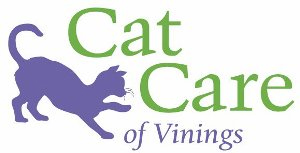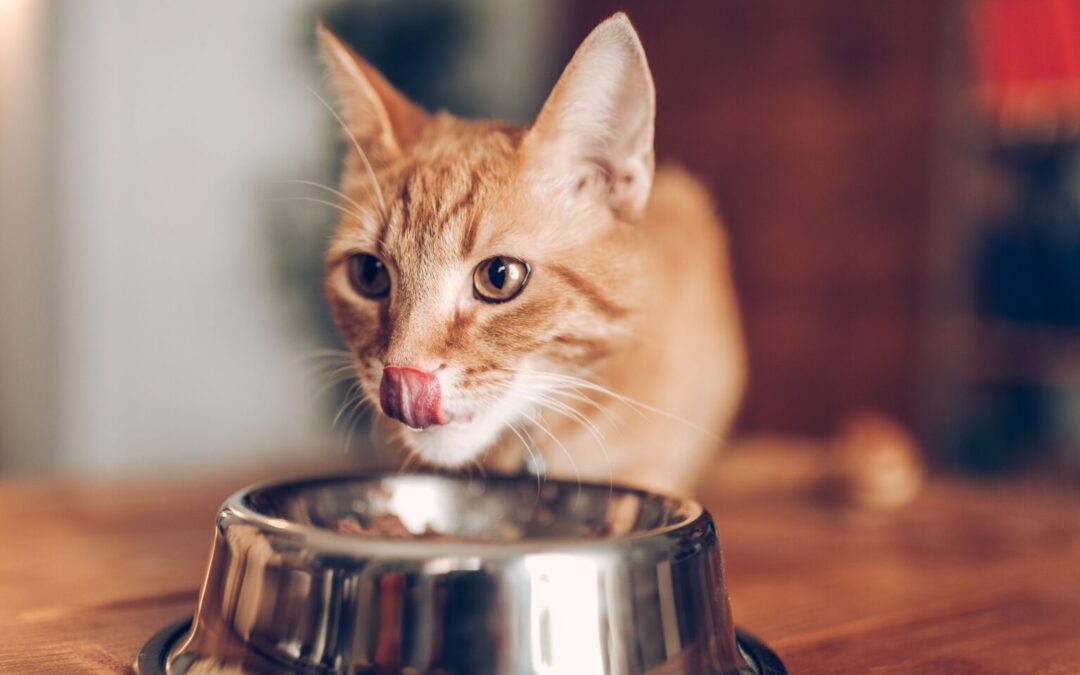As responsible cat owners, we have to be mindful of what we feed our beloved pets. Providing them with a balanced and nutritious diet helps ensure their well-being. This blog post will delve into the dietary needs of our feline friends and offer insights into what your cat should be eating.
The Hazards for Cats
While cats are known for their independence, they rely on us to make the right choices when it comes to their nutrition. As pet owners, it’s essential to be aware of potential hazards that could harm our feline friends:
Toxic Foods: Certain human foods like chocolate, onions, garlic, grapes, and raisins are toxic to cats. Never feed them these items, as they can lead to severe health issues or even be fatal.
Bones and Fish: Avoid giving your cat cooked bones or fish with small, sharp bones. These can cause choking or internal injuries.
Dairy Products: Contrary to popular belief, many adult cats are lactose intolerant. It’s best to avoid feeding them dairy products like milk, which can lead to digestive upset.
Plants: Many common household plants are poisonous to cats. Be cautious about your plants and ensure they are safe for your feline companions.
Overfeeding: Obesity is a significant problem among domestic cats. Overfeeding can lead to various health issues, including diabetes and joint problems. Stick to recommended portion sizes to maintain a healthy weight for your cat.
What Should My Cat Be Eating?
A well-balanced diet ensures your feline friend receives all the necessary nutrients for a healthy and fulfilling life. Here’s what your cat’s diet should consist of:
High-Quality Cat Food: Look for commercial cat food formulated to meet your cat’s nutritional needs. Choose reputable brands that have undergone rigorous testing and meet industry standards.
Proteins: Cats are obligate carnivores, which means they require animal-based proteins to thrive. These proteins provide essential amino acids that cats can’t produce on their own. When browsing cat food options, make sure that real meat, such as chicken, turkey, or fish, is listed as the primary ingredient.
Fats: Fats are a concentrated energy source and aid in absorbing fat-soluble vitamins. Additionally, fats contribute to healthy skin and a glossy coat. Look for cat food containing healthy fats, like omega-3 and omega-6 fatty acids, commonly found in fish-based ingredients.
Carbohydrates: While cats are primarily carnivorous, small amounts of carbohydrates can be beneficial for energy. However, choosing cat food containing easily digestible carbohydrates, such as rice or sweet potatoes, is important. Avoid foods with excessive amounts of fillers or grains.
Water: Proper hydration is vital for your cat’s overall health. Always provide a clean, fresh water source for your cat to drink from.
Limited Treats: We all love to treat our cats occasionally, but it’s important to be mindful of how many treats we give them. Give treats sparingly, being careful not to exceed 10% of your cat’s daily caloric intake.
Talk to Your Veterinarian: Every cat is unique, and their dietary needs may differ based on age, weight, health condition, and activity level. Your veterinarian can help create a nutrition plan based on your cat’s specific requirements.
Providing your cat with the proper diet is one of the most significant contributions you can make to their well-being. The Cat Care of Vinings team is committed to supporting you in making the best choices for your feline friend’s nutrition. Please contact us if you have questions or concerns about your cat’s diet or health or to schedule an appointment at our cats-only practice.

